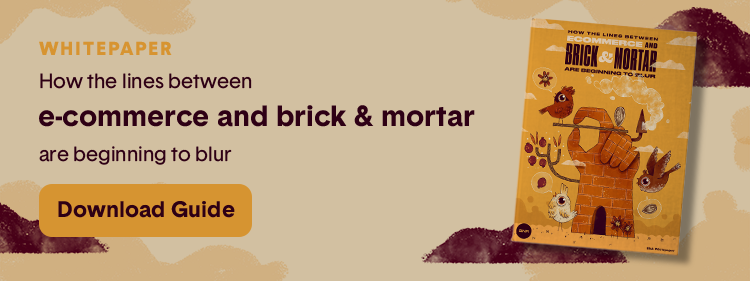It took longer than expected, but e-Commerce solutions are finally becoming the new normal in Canada. According to Canadian Business, up to 10 percent of all retail revenue will derive from online shopping by 2019. Not bad for a country where only 13 percent of merchants sold products online in 2013.
While shoppers across the country have adapted to these new methods, some enterprises continue to hold out. While e-Commerce solutions don’t fit every business model and some companies can thrive without them, selling without some kind of online store will become less and less viable as time goes on. Customers’ changing expectations and shopping habits won’t just force companies to enter the digital marketplace. They will also shift the way organizations do business in a fundamental way.
We’re already beginning to see this happen in today’s marketplace. Traditionally, online shoppers have paid for their orders at checkout and then waited for the merchant to deliver the product or service later. Recently, however, more companies are adopting a “pay later” model that challenges this conventional approach to online retail. This doesn’t just affect the way future online businesses will operate, but also shapes customers’ shopping expectations. In five years, will a consumer want to use your online store if you don’t have a “pay later” option?
This article will help you catch up with this innovative practice. If you want to know what a “pay later” program is and how it can impact your business, these points will offer valuable insight into the practice.
What Is It?
Essentially, a “pay later” program is identical to a normal online transaction except for the fact that the merchant doesn’t get paid until a future point in time. When consumers choose to pay after delivery, they will input personal information such as their phone numbers or email addresses. Your e-Commerce solution will process their order without their credit card information, and the customer can send the money they owe within 14 days of the purchase.
This obviously raises one major question: what happens if a customer orders a product but then reneges on the deal and doesn’t pay? Thankfully, the process has built-in safeguards. It relies upon a user’s credit rating, so those with poor histories won’t be able to exploit the system. Furthermore, payment processors who offer this service often assume the risk for your agency, so even if a client refuses to settle their bill, you won’t lose money.
Why Is It Important?
A delayed payment approach is important to both customers and businesses. Obviously, the former gets more control over their shopping practices, allowing them to feel more comfortable when they make online purchases. This practice also keeps their information safer, reducing the risk of fraud or identity theft. If merchants can recognize the value of these choices, they can appeal to consumers in ways that will prepare them for the future of online selling.
How Will You Benefit?
If you’re still not convinced by the potential a delayed payment approach offers, consider how it will benefit your organization. Online stores with too many checkout steps tend to alienate users, causing them to exit the process with items still in their carts. Delayed payment options reduce the number of steps it takes to complete a transaction, leading to greater sales. In fact, many merchants see conversions increase at a rate of up to 40 percent. Very few organizations can afford to turn down customers, and if you don’t take advantage of a “pay later” option, that’s exactly what you’ll do.



